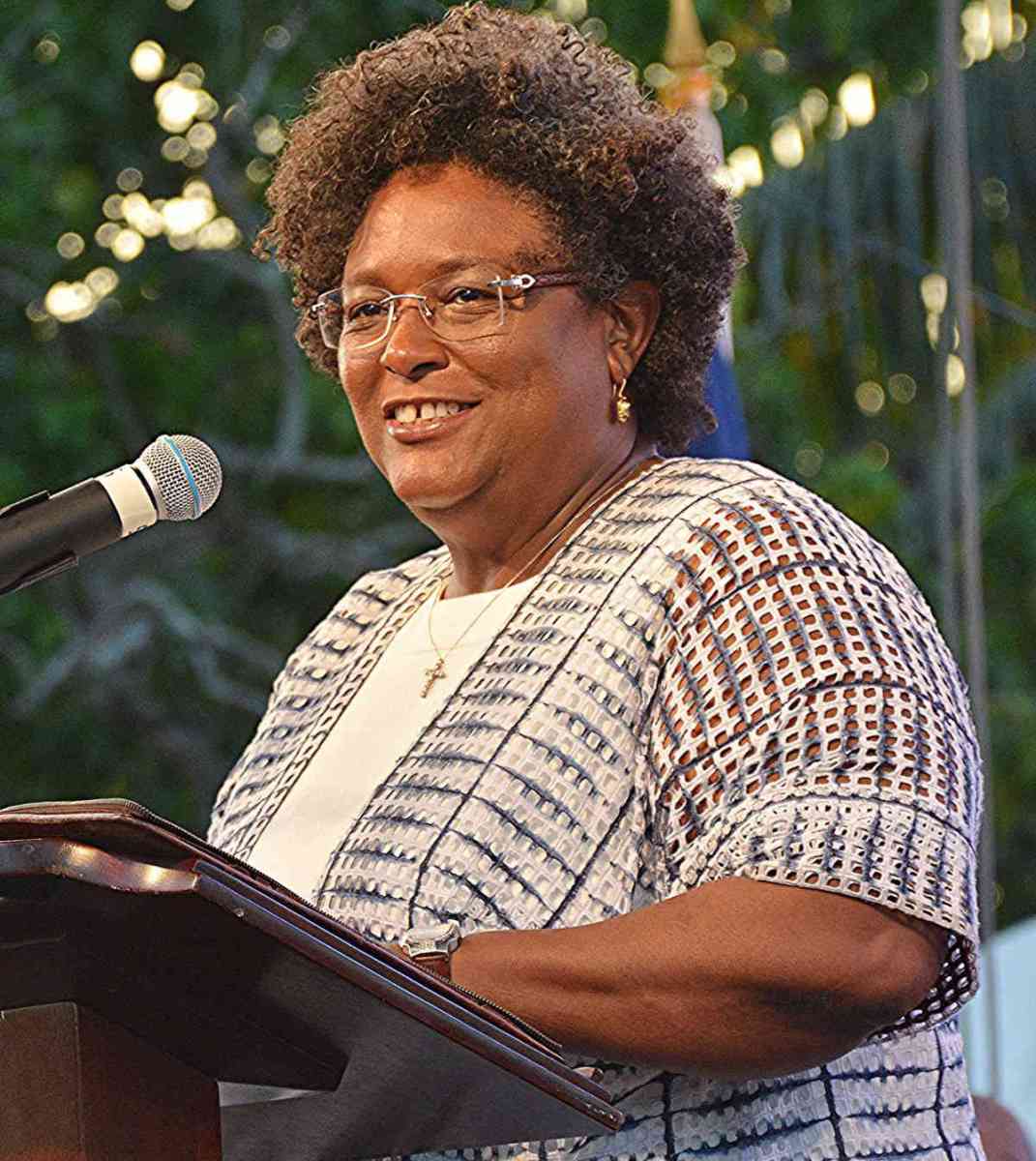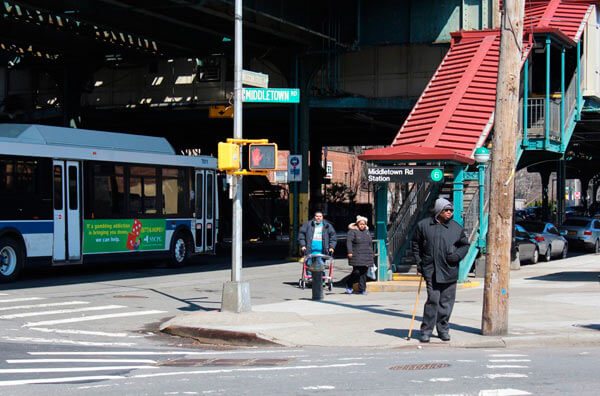Talks are either underway or about to start with the aim of transferring majority ownership of the lone dedicated Caribbean inter-island air transportation service, LIAT, from Barbados to Antigua and Barbuda.
These negotiations are based on an Antigua offer to buy Barbados’ majority shares, and while Prime Minister, Mia Mottley has announced a willingness to sell most of her island’s 49.4 percent shares and continue supporting the vital air service, there is a probability that her government may be formulating its own plan to aid regional transportation.
Past statements by Mottley, before and after ascending to head of government, point to a likelihood that as a cabinet member is delegated to negotiate share sales to Antigua while retaining just about 10 percent, other officials may be exploring re-introduction of a Caribbean ferry service to supplement and provide a much cheaper alternative to LIAT’s air transport.
Crowning her previous utterances on the viability of a regional ferry service was a statement on the usefulness of such a service made during her first address to a CARICOM Heads of Government conference as prime minister in July last year.
“To get the full benefit of our common space in the movement of people, cargo and vehicles, renewed and focussed leadership is also called for to translate the much-studied inter-island ferry service from concept to reality. To move beyond talk and to actively encourage investment by our private sector to unlock new categories of travellers,” she said in Jamaica.
Mottley was talking about a modern and much more efficient version of the type of ferry that plied the Caribbean, moving people and boosting trade among the territories up to the early years after independence of these nations.
Her frequent talk about resumption of a people transport service on the high seas among these sprinkling of islands is backed by a Caribbean Development Bank study that states, “Ferry travel serves as a low-cost option for domestic travel in the Region, with tremendous potential for growth beyond domestic travel.”
“An effective intra-island ferry network throughout the Region may ease many constraints facing regional air transportation. Air transport in the Region poses a significant financial burden, and passengers are inconvenienced by irregular connections between countries. Improving marine passenger transport can also assist the Region in becoming more attractive as a tourism destination, given that tourists may be inclined to do Caribbean tours similar to the ‘backpackers’ of Europe.
“Existing routes, particularly among the OECS countries, show that ferry transport can provide reductions in passengers’ costs by more than 30 percent.”
The average cost of any ferry service among the nine-member OECS islands is put at $1.06 per mile compared to $56.6 per mile in this 2018 study titled, ‘Financing the Blue Economy’.
The blue, or ocean, economy has been recognised as an under-utilised resource of the Caribbean.
A signal that her government has bought into the concept, the Mottley administration introduced a Ministry of the Blue Economy shortly after winning national elections last year.
The high cost of air travel, as exemplified in the CDB study makes frequent movement around the region prohibitive for many Caribbean residents.
With the probability that the four shareholder governments and private investors may demand a trimming of the airline’s staff, Brown’s move for Antigua majority ownership from its current 34 percent holding appears aimed at protecting the more than 600 LIAT workers in his country.
Mottley made clear that “the Government of Barbados is not turning its back on LIAT. Indeed we continue to be committed to LIAT and will maintain a minimum shareholding in LIAT.”
At the same time, she responded to Brown’s move by reporting to her nation, “we have taken the decision as a Cabinet that it is time for us to step back while at the same time allowing other governments to continue with their proposal … to restructure LIAT in the way they have determined.”
With Barbados’ finances on a tightrope as the country battles its way out of a recession, money from share of its LIAT sales may be useful as seed, or partnership capital for investment in a ferry service.




















